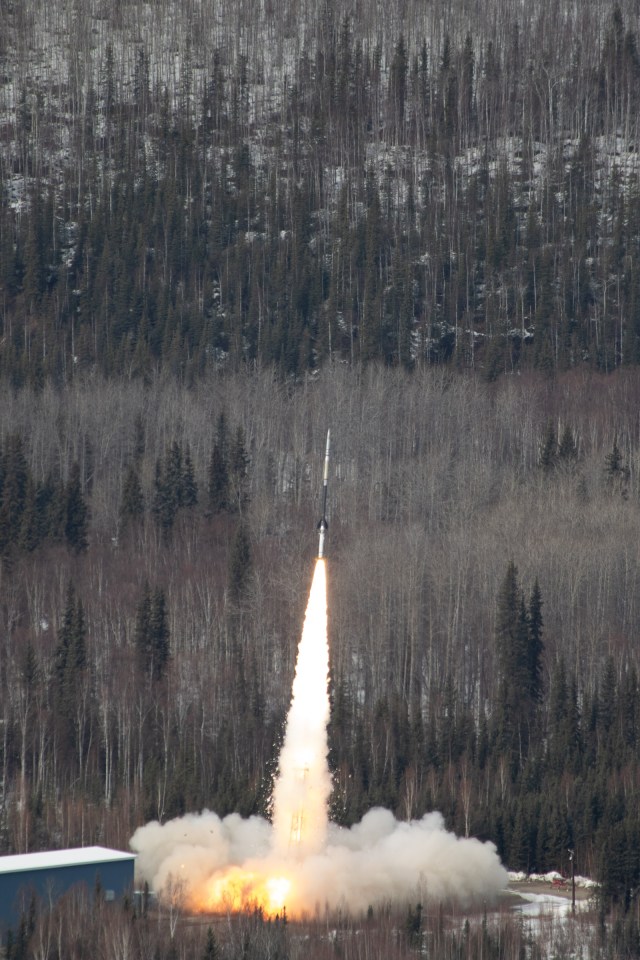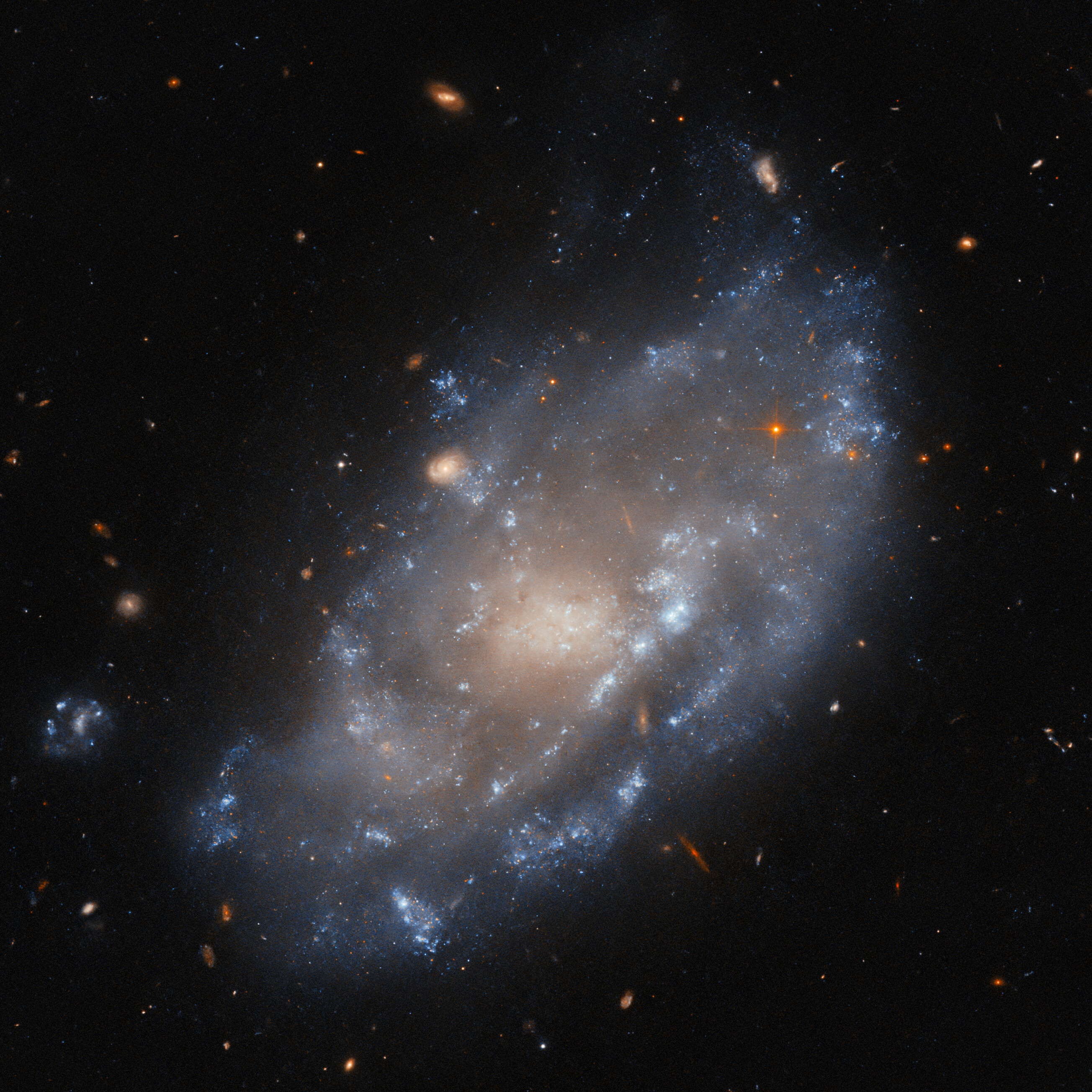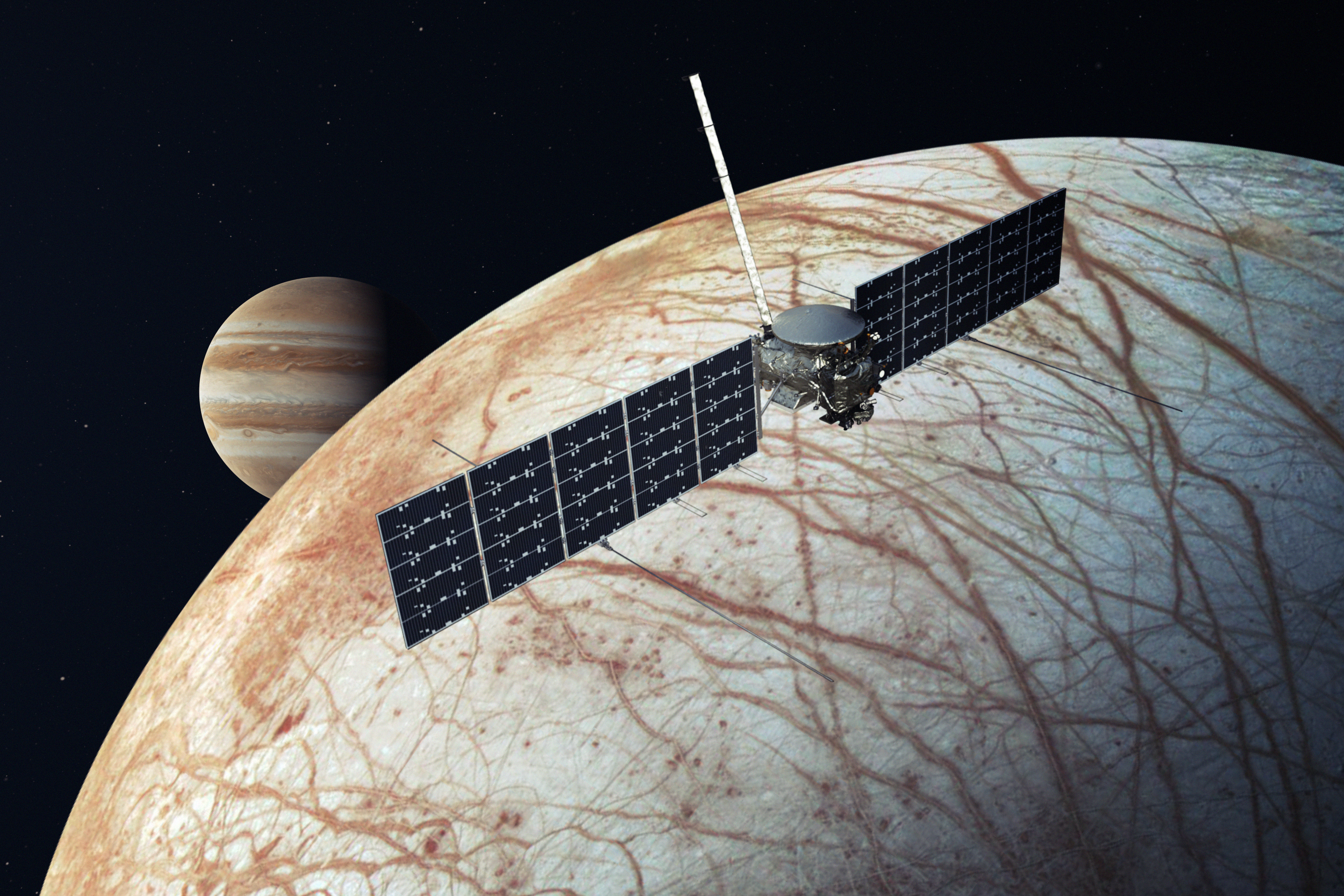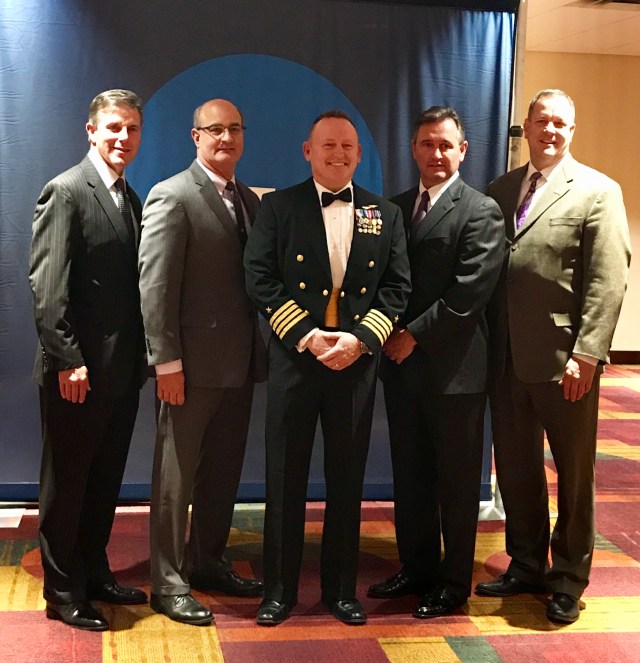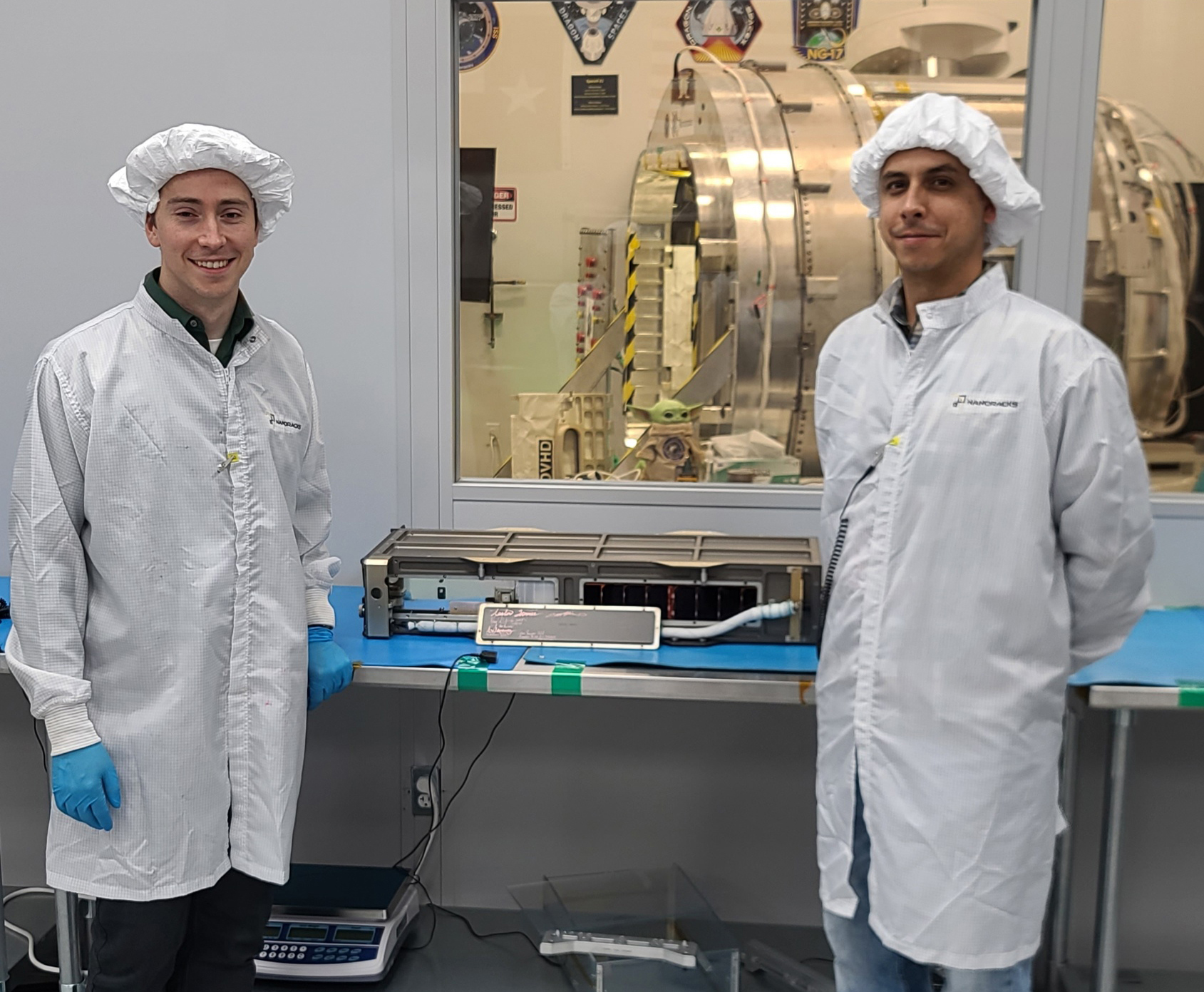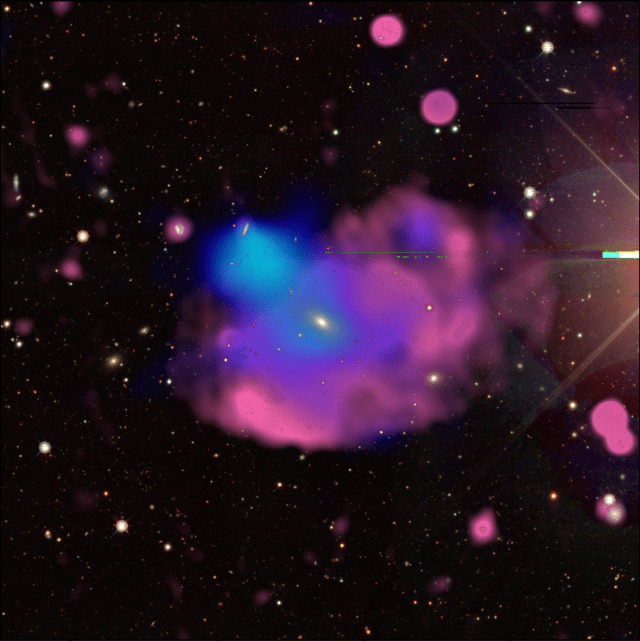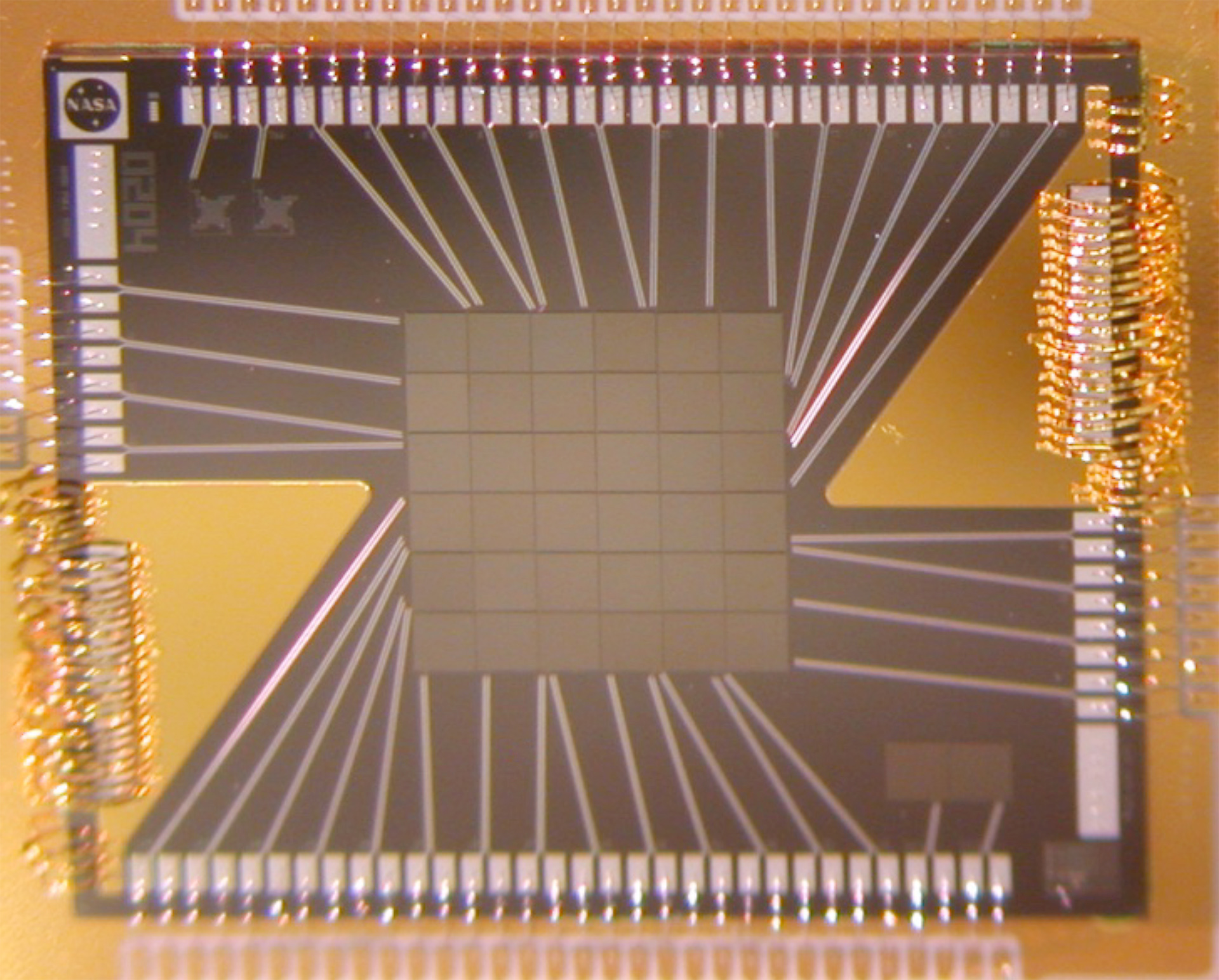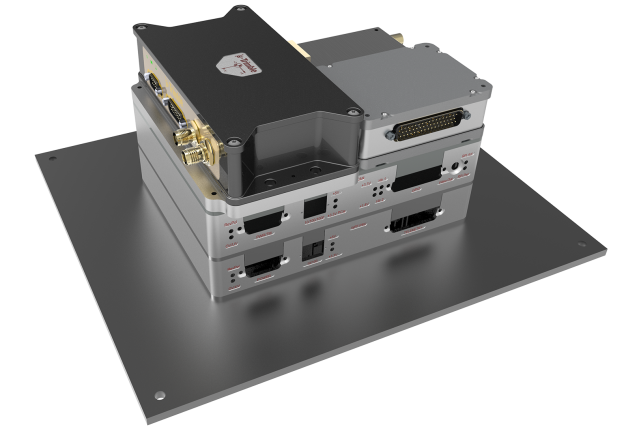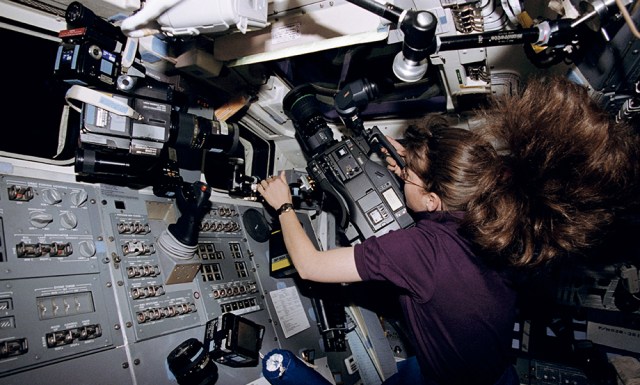James S McCabe
Missouri University of Science and Technology
The performance, stability, and statistical consistency of a vehicle’s navigation algorithm are vitally important to the success and safety of its mission. Autonomous decision-making procedures employed on these missions rely upon these navigation solutions, and, in order for the autonomous vehicle to make appropriate decisions, the vehicle must be well-informed. With this in mind, the goal of this work is to develop a high-performance, robust navigation framework that applies to a wide variety of active NASA projects, such as Orion, Osiris-REX, and ALHAT, to name a few. Specifically, this project will develop a robust navigation framework using novel, state-of-the-art multitarget tracking techniques to perform autonomous multitarget navigation for spacecraft, planetary landers, and rovers in the presence of unmodeled effects, imperfect data, and sensor anomalies. The objectives for achieving this include:
- Develop a consider-based framework under the Bayesian single-target paradigm that accounts for imperfect sensing and unmodeled system effects in the interest of obtaining a more complete statistical description of the true distribution of the state of a vehicle.
- Develop a square-root formulation of the developed Bayesian consider framework in the interest of numerical robustness and stability.
- Lift the Bayesian consider techniques into the multitarget domain to enhance autonomous navigation, hazard avoidance, and rendezvous, docking, and landing capabilities by enabling multi-feature detection, tracking, identification, and classification.
- Unify the results of the previous three objectives into a single, robust multitarget navigation framework that can be applied to a wide variety of autonomous navigation problems to ensure safe and successful operation of future NASA missions while reducing the cost of algorithm development.
The completion of these objectives will produce a multitarget navigation framework with a broad relevance and an applicability to navigation for NASA’s space vehicles and planetary landing missions. This research naturally produces a valuable analysis tool to evaluate the feasibility of different vehicle sensing configurations in a simulation environment, since the model-based approach comes with a strong degree of generality. The framework’s wide applicability stands to reduce the development time of navigation architectures and thus reduce associated costs, while still permitting reliance on accurate, statistically descriptive navigation solutions.


